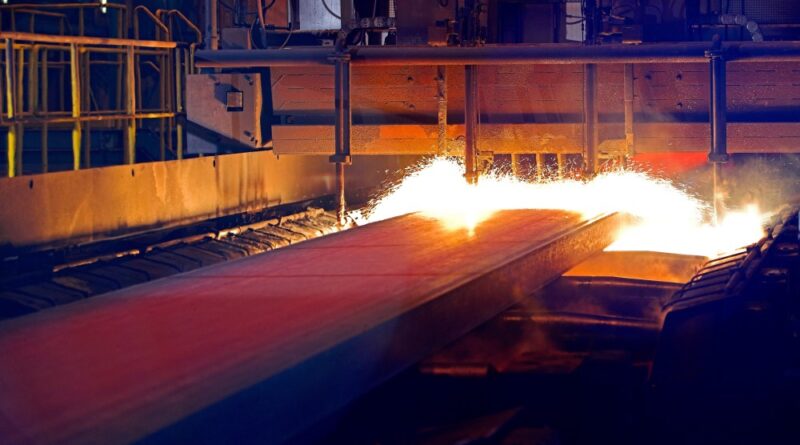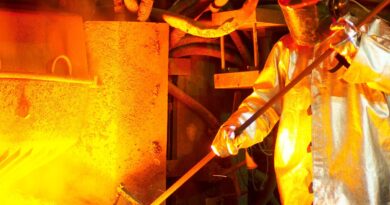Arcelormittal SA saw strong steel demand recovery worldwide in 2021
The global steel environment for 2021 was characterised by overall positive, yet differing dynamics, when comparing the two halves of the year. The first half of the year saw strong demand recovery due to low supply chain inventories and a strong recovery in steel spreads (i.e. the difference between steel prices and raw material costs).
It was during the first half of the year that China reduced the incentive to export steel by cancelling the export rebates on VAT. Given the scale of the China steel industry and the size of its exports, this represented a material change to the medium-term prospects of the global ex-China steel industry.
The second half of the year saw still-positive demand, though with steel prices off record highs. Falling iron ore and volatile coking coal prices were also experienced in response to easing supply constraints among exporters and notable economic interventions evident in China.
Regarding fair trade policy, ArcelorMittal South Africa continues to support actions which target unfair trade practices in the jurisdictions in which it operates and trades. 2021 proved to be a particularly active year as globally the unfair practices, which initially provided protection, remained prevalent. A very real risk exists of those unfair practices intensifying as supply constraints ease and markets normalise in time.
The average international dollar steel prices increased by 91%, iron ore by 48%, coking coal by 82%, and scrap by 68%.
Turning to South Africa and the regional economy, consensus GDP growth forecasts for South Africa is around 4,6% for 2021, and those for near- and Sub-Saharan Africa markets between 3.0% and 3.3%.
Steel inventory levels have largely returned to normal while business conditions in South Africa, particularly in the second half of 2021, proved to be more challenging than initially anticipated. This was due to the negative impact on sentiment of events such as the civil unrest in July, labour disputes in the downstream sector, continuing electricity load-shedding, municipal distribution network failures and lockdown uncertainty.
In contrast, the anticipation of impactful progress on the renewable electricity build programme, private sector’s potential involvement in rail and port logistics, the advancing of the next tranche of “shovel ready” projects within the Infrastructure Investment Programme and positive spin-offs for growth from the upcoming band spectrum auction serve as a basis for some optimism.
With varying degrees of global supply chain seizures and the impact of government stimulus packages being progressively felt in the real economy, expectedly inflation has made an unwelcome return with the prospect of a tighter fiscal and monetary environment into 2022.
Aggravated by the high electricity and logistics cost in South Africa, improving ArcelorMittal South Africa’s position on the global cost curve while bettering its product offering to customers will be critical to the next phase of its Transforming for Sustainable Growth strategy, and best expressed through the strategic pillars: reposition, restructure and resilience.
OUTLOOK
The outlook for global steel demand remains generally positive heading into 2022. In South Africa and neighbouring countries, it is likely that demand will ease back to more moderate growth levels.
Due to a combination of supply side constraints and interventions, along with the sporadic demand momentum (especially in developing economies), international steel prices are off the highs of 2021, although prices continue to receive support from robust raw material prices.
Overall, this view is conditional upon central banks’ responses to rising inflation, the extent to which growth slows in China and the progress with vaccination coverage, especially in developing countries.
Arcelormittal South Africa targets improved production reliability and greater customer focus into 2022, though volume recovery will be dependent on the reliability of the rail service.
After safety, securing the first benefits of the Value Plan Programme will be the key focus area.
The Company’s financial results will continue to be impacted by exchange rate volatility.




